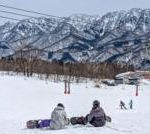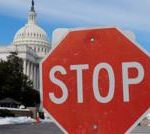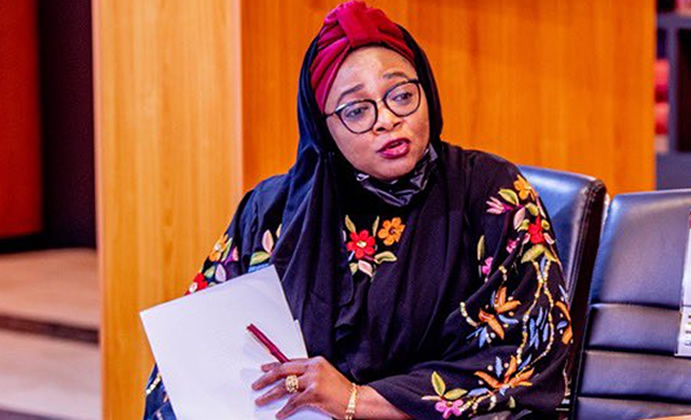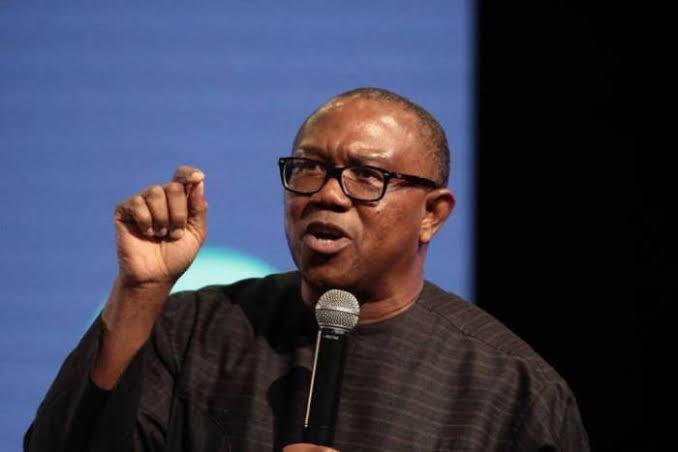In a bold call for gender parity ahead of the 2027 elections, top Nigerian female politicians and political stakeholders on Wednesday demanded institutional reforms to guarantee 50 percent representation for women in public office, including the introduction of a Vice-Presidential quota.
The call was made during the two-day Conference of Political Women Leaders in Abuja, organized by the National Institute for Policy and Strategic Studies (NIPSS) in collaboration with the Inter-Party Advisory Council (IPAC).
Among the leaders championing the cause were Minister of Women Affairs Imaan Sulaiman-Ibrahim, Senator Ireti Kingibe (FCT), and Zainab Ibrahim, Deputy National Women Leader of the All Progressives Congress (APC) and IPAC Deputy National Secretary.
A major highlight of the event was the proposal for a “twinning formula” — a political model in which a male-elected official would be paired with a female deputy and vice versa, ensuring immediate gender balance in leadership.
Zainab Ibrahim explained the practical implications: “What if every political party adopts the twinning method? For instance, if my party, the APC, with 21 governors, adopted this formula, we’d have 21 women deputy governors. That’s 50-50. If the PDP with 11 governors did the same, the ripple effect would be enormous.”
She added that the initiative could start without constitutional amendments: “Let charity begin at home. This can be a party-level decision, not a legislative battle.”
Minister Sulaiman-Ibrahim described Nigeria’s current gender imbalance in politics as a “national setback” and called for immediate action.
“With a population of over 200 million, Nigeria is still far behind its peers globally in terms of female political inclusion,” she said. “This must become part of our political philosophy. Women must be given tickets, held in strategic party positions, and supported to succeed.”
She urged IPAC and all political parties to take the lead: “Inclusive politics is not a favour to women — it is a democratic duty and a catalyst for national development.”
Senator Ireti Kingibe highlighted the stark underrepresentation of women in Nigeria’s legislature: “We currently have just 17 women in the 360-member House of Representatives, and only four female senators out of 109. That statistic places Nigeria among the bottom five globally for female parliamentary representation.”
She called on the National Assembly to revive and prioritize the Gender Bill to give legislative backing to these efforts.
Prof. Ayo Omotayo, Director-General of NIPSS, emphasized the broader impact of gender disparity in governance: “This deficit is more than a gender equity issue. It undermines the inclusiveness and effectiveness of our democracy. When half the population is absent from leadership, national development is compromised.”
As 2027 approaches, the call for gender parity is growing louder — with women leaders insisting that the time for action is now.















